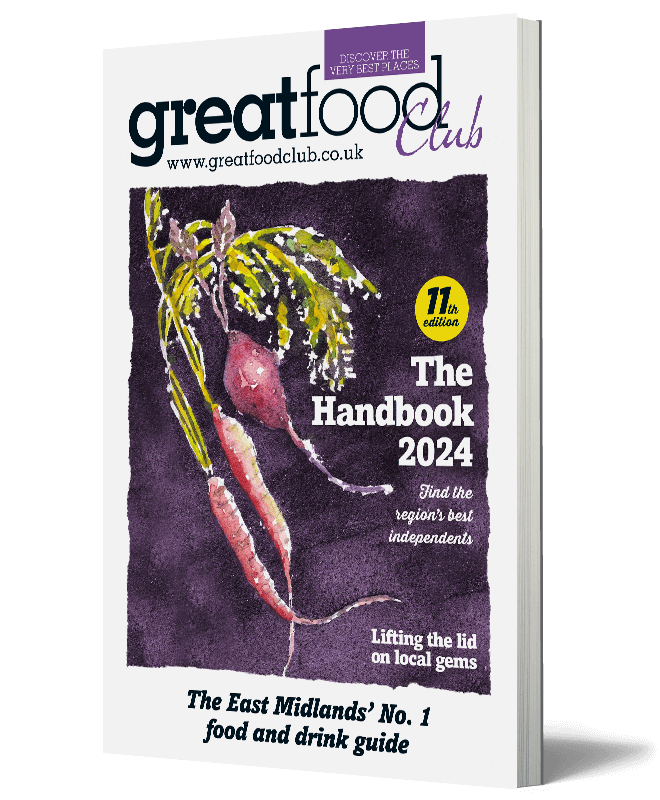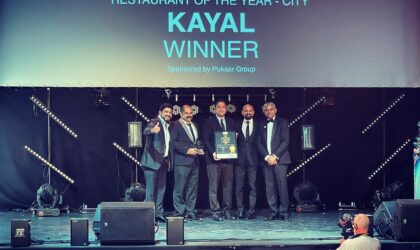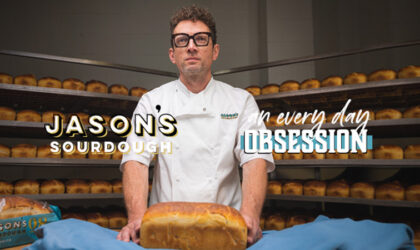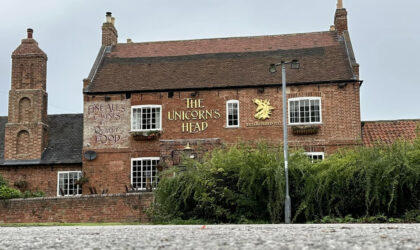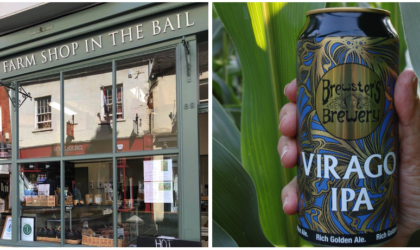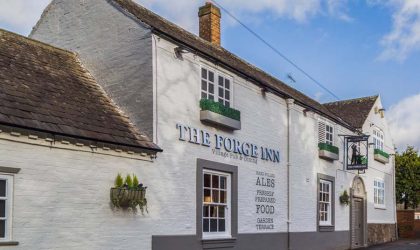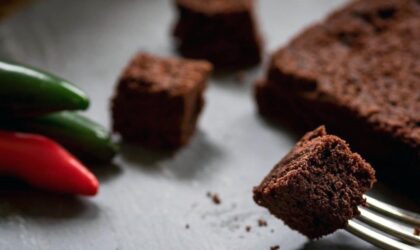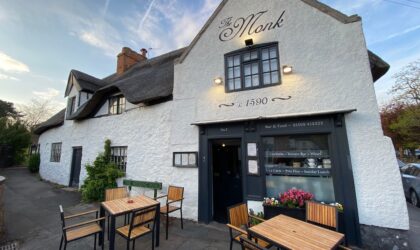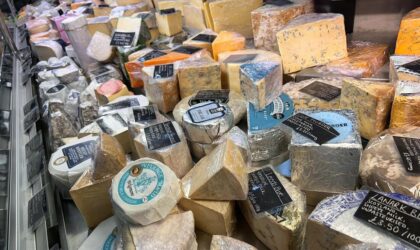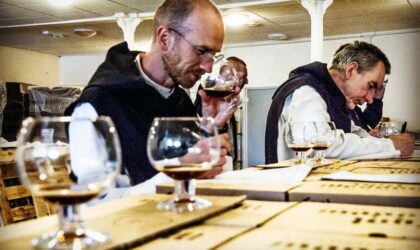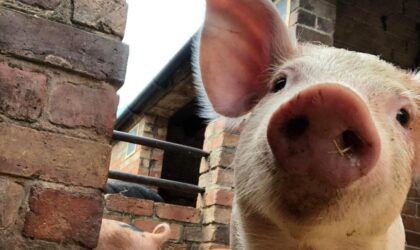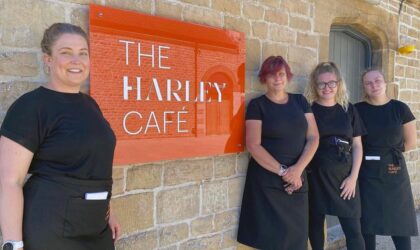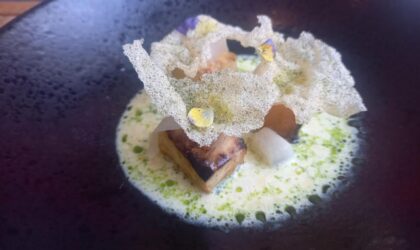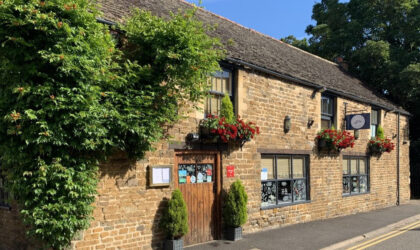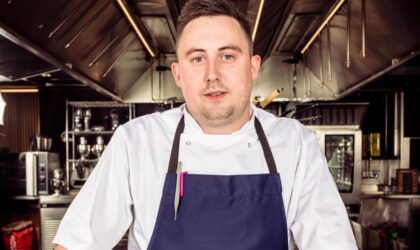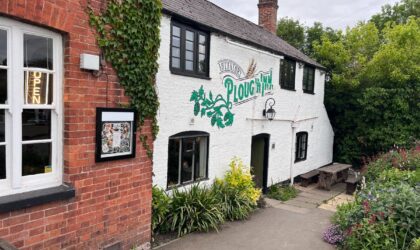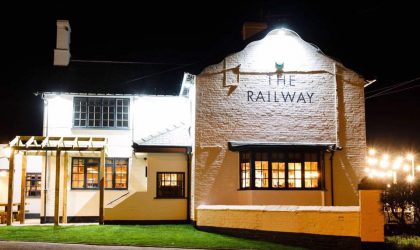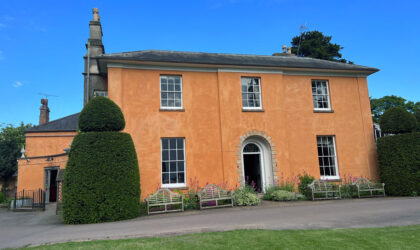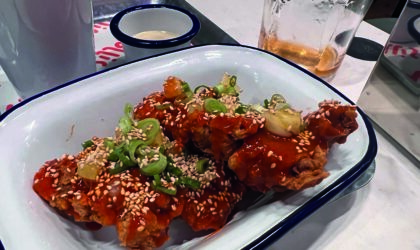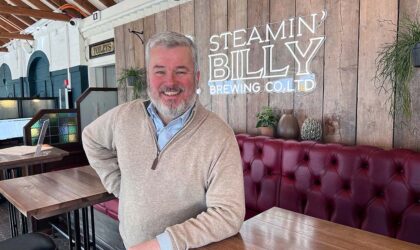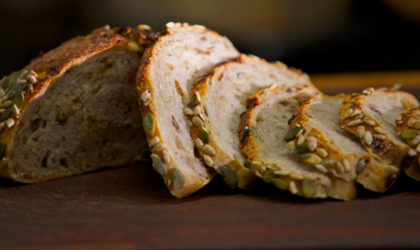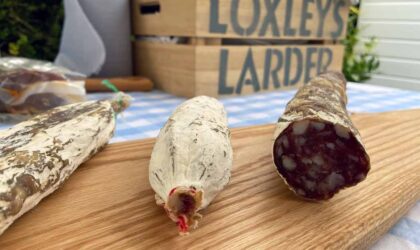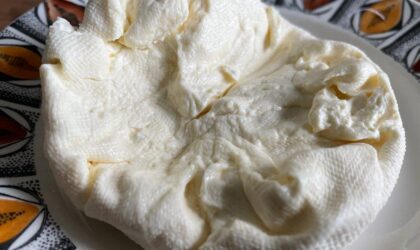In a pickle at the School of Artisan Food
“Fermentation is, let’s face it, a staging post on the road to rot.” So said our tutor for the day, food writer and cook Lindy Wildsmith, as we began a day of pickling and fermenting at the fabulous School of Artisan Food.
If you don’t know the School, it is situated on the beautiful Welbeck Estate at the heart of Sherwood Forest and is surely one of the jewels in Nottinghamshire’s culinary crown. Created in 2006, the award-winning, not-for-profit School is housed in the former Victorian fire stables. It has excellent purpose-built training facilities, kitchens and wood-burning bread ovens for the teaching of a whole host of wonderful and fascinating courses. These include breadmaking and patisserie, cheese production, brewing and butchery, ice-cream making, chocolate-making and charcuterie. More recently the School has expanded its range of short courses to cover a wide variety of interests from food photography to food history and food entrepreneurship. The location is serene with nothing much but birdsong to break the peace, and the architecture and countryside are inspiring.

The School of Artisan Food is located on the Welbeck Estate in Nottinghamshire
I have attended courses here before, including Breadmaking, Using Herbs, Starting a Food Business, and A Day of Feasting with food historian Ivan Day. I’ve also experienced the School’s fantastic “Food for Thought” weekend of foodie lectures, so I was delighted to take up the invitation to join their first pickling and fermentation workshop.
Our group of picklers met before the course started for a relaxed coffee with homemade bread and marmalade from School’s own bakery, before gathering in the well-equipped and spacious training kitchen. There were around 12 of us, each with our own work station – such a nice group of people, too. As Lindy got us to introduce ourselves it was clear there was no single shared reason why people joined this course: the group included organic farmers, pub owners, restaurant and farm shop owners, charity workers, prospective food entrepreneurs and people who simply love food and cooking. There was also the odd pickler who had been bought the course as a gift for Christmas (I got a feeling the present-giver who came along treated herself at the same time!)

Lindy Wildsmith
Lindy was a friendly and relaxed host, guiding us through and showing the processes as well as talking to us about the history of preserving, pickling and fermenting. The day moved along quickly as we chopped and salted the cabbage for the Kimchi before introductions were over. We then swiftly prepped (working in pairs – a great way to meet others and network with like-minded foodies) for our German Sauerkraut, Japanese Salt-Fermented (Shio-Fuke) Cucumber, Golden Mango Pickle and, the highlight for me, the Korean Kimchi.

We had prepped most of our veg and fruit before lunch at 1pm, so covered a lot of ground in the three hours. The course is fast-paced but not rushed and (assuming some basic knife skills) is pretty much at a standard that home cooks of any level would feel comfortable with.
I do need to mention the catering at the School, which is in another league. All the food served is made fresh on site (and literally in front of us in this case) using as much of their locally grown Welbeck produce as possible, including bread from their own bakery and cheese from their dairy (and depending on your course, beer from the brewery). Today’s lunch was no exception.

Lunch!

Lunch also included breads from Welbeck Bakehouse
After lunch we ruminated on the possible health benefits of gently fermented foods and the positive effect on digestion. We also speculated on why pickling and fermenting is enjoying a renaissance in Britain. Lindy (who herself has the very healthy attitude to food of “eat everything” – a sentiment with which I wholly concur) is convinced the fashion for “clean eating” in the US is responsible for fermented food and drink becoming increasingly popular here. I wonder, though, how much the interest in and knowledge of foods from Eastern Europe – where pickled and fermented foods remain a large part of many of cuisines – has contributed to our revisiting this traditional way of using up a glut and keeping food over winter.

We didn’t use vinegar for any of our preserving on this course, and we had many discussions about the pros, cons and differences between modern vinegars (largely industrially produced) versus the vinegars of the past. Traditionally vinegars were kept fed and nurtured rather like a sourdough starter, so we were all delighted when Alison Parente, a founder of the School, presented us all with a “slice” of “vinegar mother” to take home with us. Yep, this was a first for me. I don’t think I have ever really thought about where vinegar comes from – unless of course presented with a cheap bottle of wine. But there you go, a “vinegar mother” is a vinegar starter – a clump of bacteria that must be fed with wine (a mother after my own heart) to reproduce and ferment. In three months or so we shall have our own gently fermented vinegar to use for pickling or cooking and a vinegar mother who needs a couple of glasses of wine a week to keep her going (I can relate).

As ever, the School of Artisan Food delivered a fabulous course – friendly, funny, incredibly interesting and informative, with high quality teaching and, as always, well organised (despite the wobble when we all thought we had added pre-measured sugar to our pickles instead of salt). I can’t rate this place highly enough.



